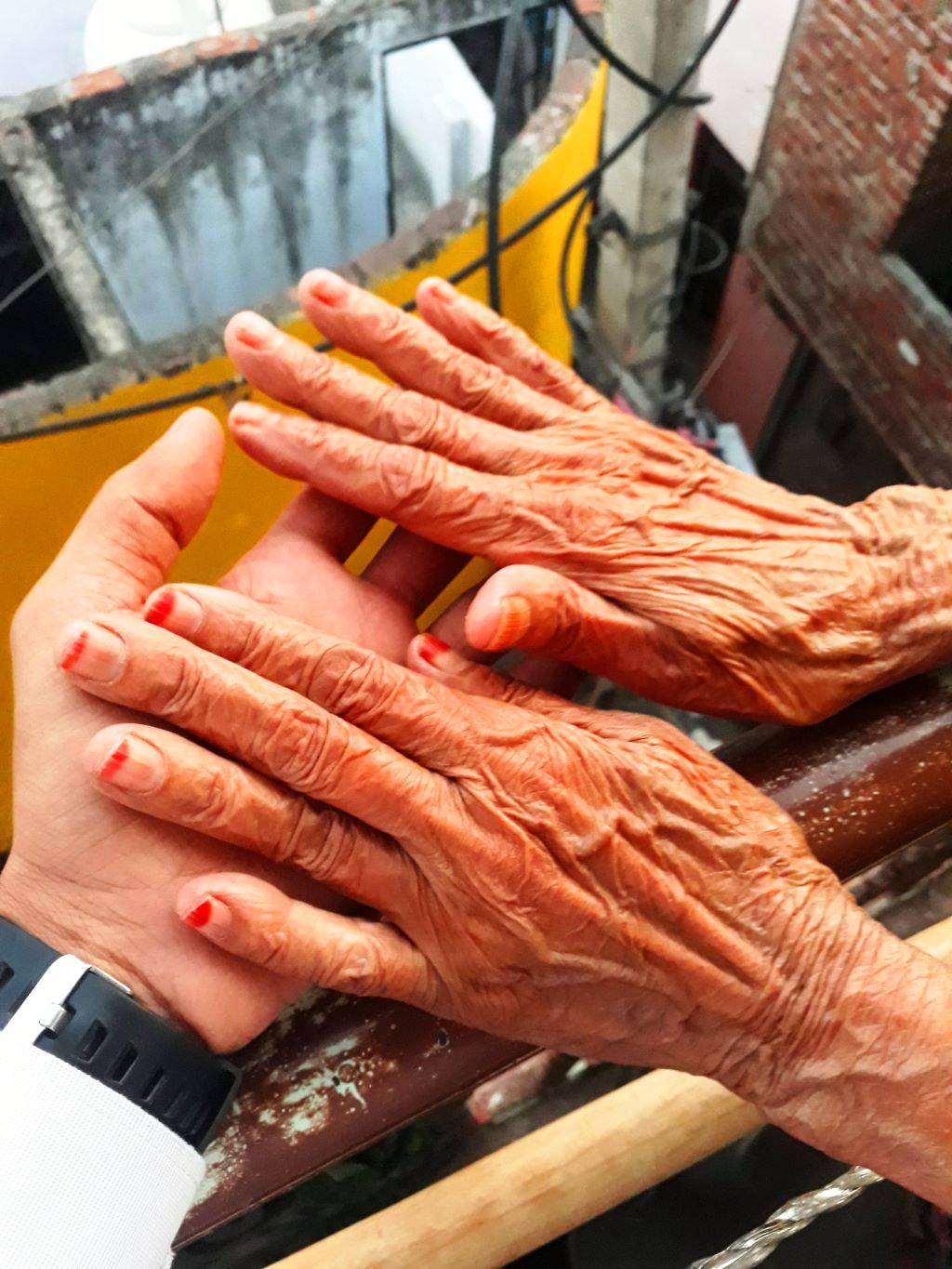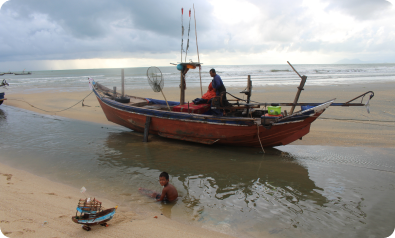Statelessness Encyclopaedia Asia Pacific (SEAP) Second Edition is the culmination of over three years of research and consultations commenced by Nationality for All (NFA). The first edition of SEAP originated from an internal research project undertaken by NFA in the process of early organizational development and strategic planning, which was later decided to be made public and accessible.
Building upon the first edition, the second edition has expanded to cover all subregions in the Asia-Pacific as well as provide detailed country factsheets for each country in the region. The edition is currently available in three different versions. The first is a shortened version, which incorporates takeaways from the five subregions of Asia Pacific and an expanded thematic scope from the first edition to include a detailed analysis of different ways of citizenship acquisition, treaty body analyses, statelessness pledges by different States, legal safeguards for the children to prevent them from statelessness, among others. A second version is the detailed report that includes the country factsheets covering all countries in the region, the data from which has been incorporated onto this website.
Why SEAP?
Statelessness Overview
Provide an overview of the statelessness
situation in the Asia Pacific region.
Attention & Advocacy
Generate more attention and advocacy on
the statelessness problem in the region.
Identification & Collaboration
Identify areas of collaboration among
stakeholders and areas of further research on the issue.
Background
NFA was formed from the work undertaken by the Statelessness Network Asia Pacific (SNAP) over four years to build a regional civil society movement on addressing statelessness in the region. In October 2020, SNAP transitioned from a project hosted by the Malaysian NGO Development of Human Resources for Rural Areas (DHRRA) Malaysia to an organization registered in Australia under the new name of Nationality for All (NFA). A key element of the decision to transition from SNAP to NFA was to shift from a network into an organization operating from a partnership-based model. We recognized that this organizational transition required a period of reflection and re calibration of NFA’s position and role in the region.
To do this, we acknowledged that we needed a stronger understanding of the statelessness problem, the actors involved, the communities affected, and the available data and information. Working in partnerships rather than a network model requires greater trust and collaboration between NFA and its partner organizations, so greater understanding of who NFA should be working with and where these partnerships could have the greatest impact was central to the decision to shift to this model.





